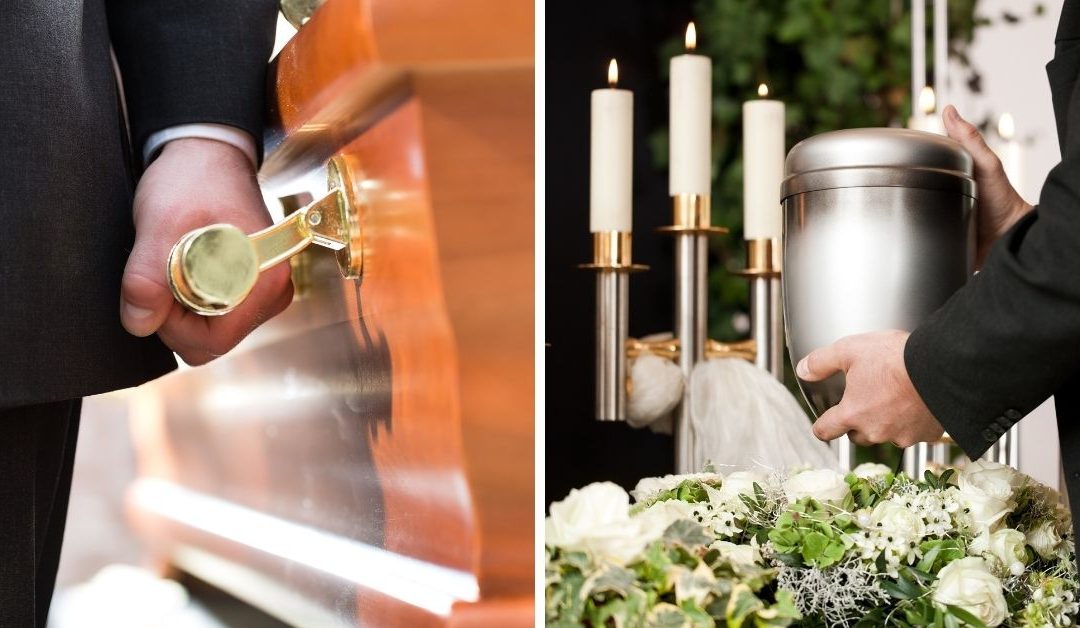Funeral traditions have evolved significantly over the years, with cremation and burial emerging as two prominent methods of handling the remains of the deceased. Each of these practices carries its own set of beliefs, rituals, and practical considerations, choosing between them is a deeply personal and culturally influenced decision. In this comparative analysis, we will explore the key differences and similarities between cremation and burial, shedding light on the factors that often influence this important decision.
Cultural and Religious Factors: Cremation and burial are deeply rooted in cultural and religious beliefs. Cremation is more commonly associated with Hinduism, Buddhism, and some sects of Christianity, whereas burial is the predominant choice in Islam, Judaism, and traditional Christianity. These religious affiliations can play a significant role in determining the final disposition of the deceased. For example, Hindus believe that cremation liberates the soul from the cycle of rebirth, while Muslims prefer a prompt burial to facilitate the soul’s journey to the afterlife.
Environmental Considerations: In recent years, environmental concerns have come to the forefront of the cremation vs. burial debate. Traditional burial practices involve the use of wooden or metal caskets, which can contribute to deforestation and pollution. Additionally, burial requires land, leading to concerns about limited cemetery space. Cremation, on the other hand, typically has a smaller environmental footprint, as it reduces the amount of land required for burial and the use of resources in casket production. However, cremation is not entirely environmentally friendly, as it emits greenhouse gases and other pollutants.
Cost and Practicality: Cost considerations often play a significant role in the choice between cremation and burial. Cremation is generally more cost-effective, as it eliminates expenses associated with purchasing a casket, cemetery plot, and related services. Burial, on the other hand, involves numerous expenses, including the plot, casket, headstone, and maintenance fees. Families on a tight budget may lean toward cremation as a more affordable option.
Emotional and Cultural Significance: The emotional and cultural significance of the funeral process cannot be overlooked. Some individuals find solace in traditional burial practices, which involve a graveside service, headstone, and a physical place to visit and remember the deceased. In contrast, cremation may be perceived as a more impersonal choice, as it often involves scattering or storing the ashes in an urn. However, cremation also provides families with the flexibility to choose how to memorialize their loved ones, from scattering ashes in meaningful locations to creating personalized memorial jewelry.
If you’re looking for cremation services in Arlington, their experienced team can guide you through the process with care and understanding.
In conclusion, the choice between cremation and burial is a deeply personal one influenced by cultural, religious, environmental, financial, and emotional factors. While each method has its advantages and drawbacks, what matters most is honoring the wishes and beliefs of the deceased and their loved ones. Arlington Cremation Services can help you navigate this decision and provide the necessary support to ensure a respectful and meaningful farewell for your loved one.

